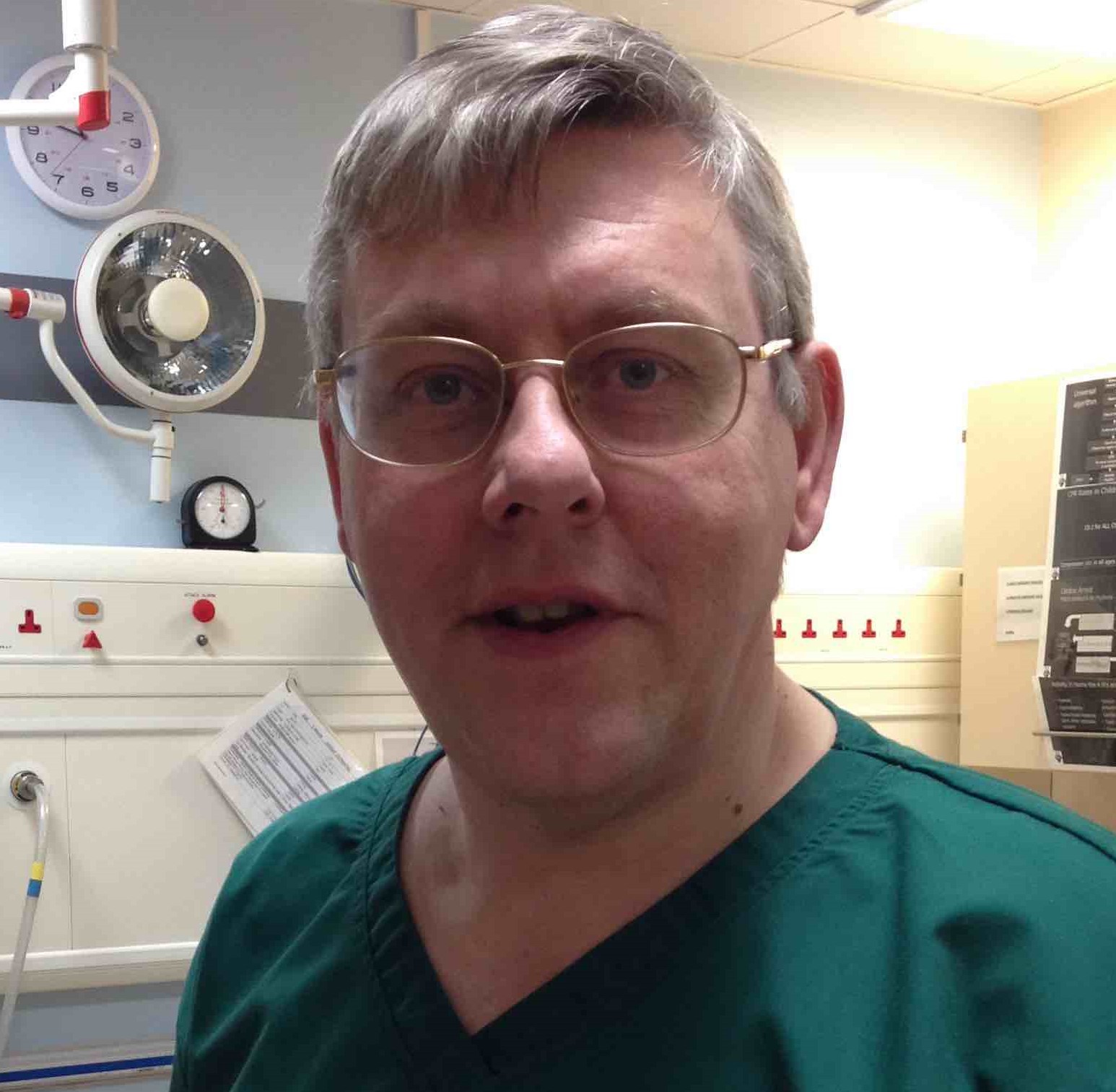Colin Holburn is an EWI fellow, governor and founding member. A consultant in accident and emergency medicine, he has been practising as an Expert Witness for over 30 years. He tells us why he still loves Expert work and shares his advice for those interested in getting into the field.
I became a consultant in 1992.
Having dabbled in personal injury and condition prognosis reports before, I decided to take on more of that kind of work. As I developed as a consultant, I moved from personal injury to clinical negligence reporting, and that's now the major part of my reporting and expertise.
I was a founding member of the Expert Witness Institute.
Now I’m on the EWI board. We meet four times a year to discuss all-things EWI and decide how we're going to improve things for the membership.
We also review questions that have been submitted to the member helpline. Everyone on the board has different perspectives, and I find it very interesting learning from them – particularly how judges and barristers approach certain questions.

My father-in-law inspired me to get into Expert Witness work.
He was an engineer and had started doing Expert Witness work. He was instrumental in how my reports are laid out. In fact, my approach to report writing is still based on some of the things he taught me.
I had a fairly bad experience being cross examined as a professional witness.
I'd gone to court not as an expert, but as one of the treating doctors. It was a criminal case and I got absolutely savaged by the barrister for the defendant. The experience inspired me to make sure I knew what to do, so I went off and got some training — both in writing reports and in being in court.
Being cross examined is nothing like it is on TV!
My advice is to take a few seconds before you answer, always answer succinctly — and get some training!
Preparation is probably the most important thing. Know your own evidence and know the evidence of the ‘opposite’ side. Makes sure you’re aware of your strong points, but understand your weak points too.
Even when you’re being cross examined by the barrister on the side you've been instructed by, they will test your evidence and ask why your opinion is correct. If something comes up in cross examination that you've not considered, consider it – and give an honest answer.
Ultimately, remember that it’s not your decision to make the final judgement.
What my cases have in common is that they all involve looking at standards of care.
I get involved with cases across the whole spectrum of emergency medicine. They vary from things like simple fractures to fairly serious cases involving significant spinal, vascular, or blood vessel problems.
I also get instructed by His Majesty's coroners to look at the care of people who have died, specifically regarding whether their care was reasonable and what would have happened had different clinical pathways been put forward.
Because I mainly do liability, I’m usually instructed by either the claimant or defendant, rather than as a single joint expert. I try and do about 50/50 for each side, but it’s hard to get the exact balance correct.
One of my most memorable cases is one which went to court.
Most of the cases I’m involved with settle before getting to court. But this particular case went to court and, because it was during lockdown, it was a remote hearing.
There were big gaps between having to listen to questions and then to answer. You didn't have the natural flow you get when you're face to face with people.
The big difference between remote hearings and face to face is that in remote hearings, the person who you're talking to is straight ahead. When you’re in court, the judge and the barrister are at different angles, so you can turn slightly away towards the judge who is making the ruling, and only see the barrister out the corner of your eye. Putting them out of your line of vision is a good way not to get flustered.
I’m semi-retired but I still do clinical work two days a week on average.
I spend another two days focussing on writing my expert reports, answering questions about them, attending meetings and doing research. When I'm not working clinically, I try not to take on too much and keep slightly ahead of what my outcomes are.
Expert work is interesting as well as intellectually challenging.
It is about the ability to look into other people's practice and try and work out whether they met the standard.
My advice for medical professionals who are thinking about becoming an Expert Witness…
Get trained! There is a huge difference between being a good expert clinician and being a good Expert Witness.
Expert Witness work can give you a good source of income. It also improves your clinical practice, because you get to understand the problems that can arise and see where other people have gone wrong.
Once you have made up your mind about the evidence, you have to be passionate about defending your opinion. I always find myself going back to look at first principles and doing background research. In essence, it’s CPD — so it keeps me sharp.
We need more good Expert Witnesses.
There is a cohort of experts that are getting older and is important to bring new blood into the profession, in all fields.
You can always learn how to be a good Expert Witness but have to be an expert in your field first. The more specialised you are, the more valuable your expertise is to the Expert Witness profession.